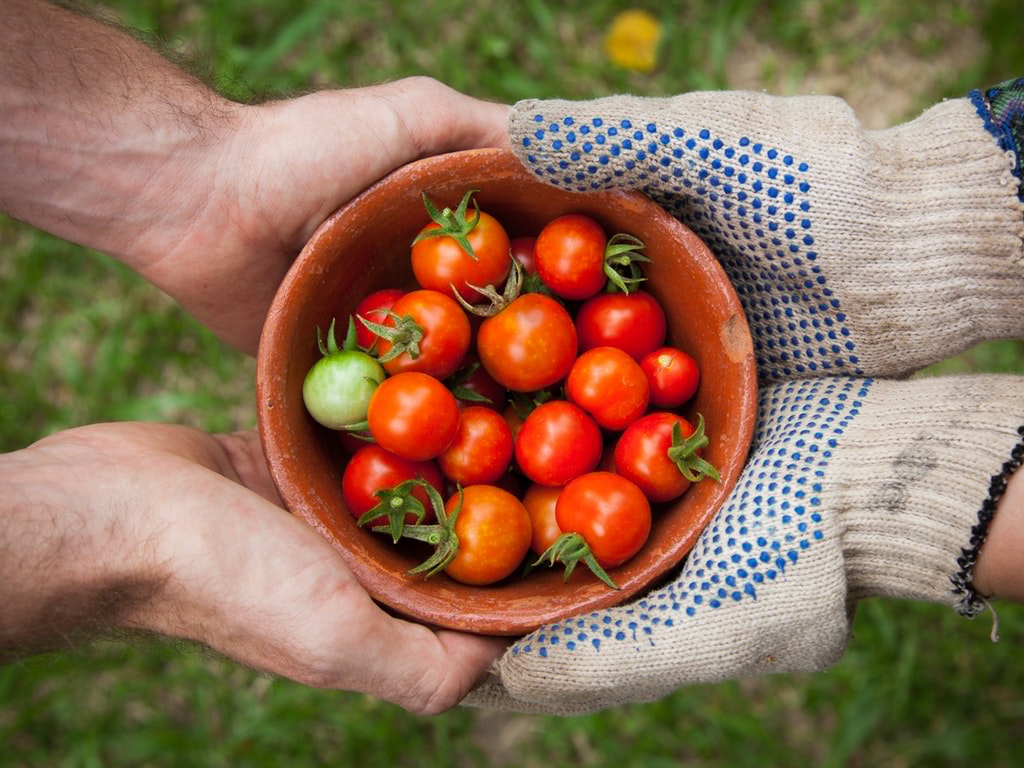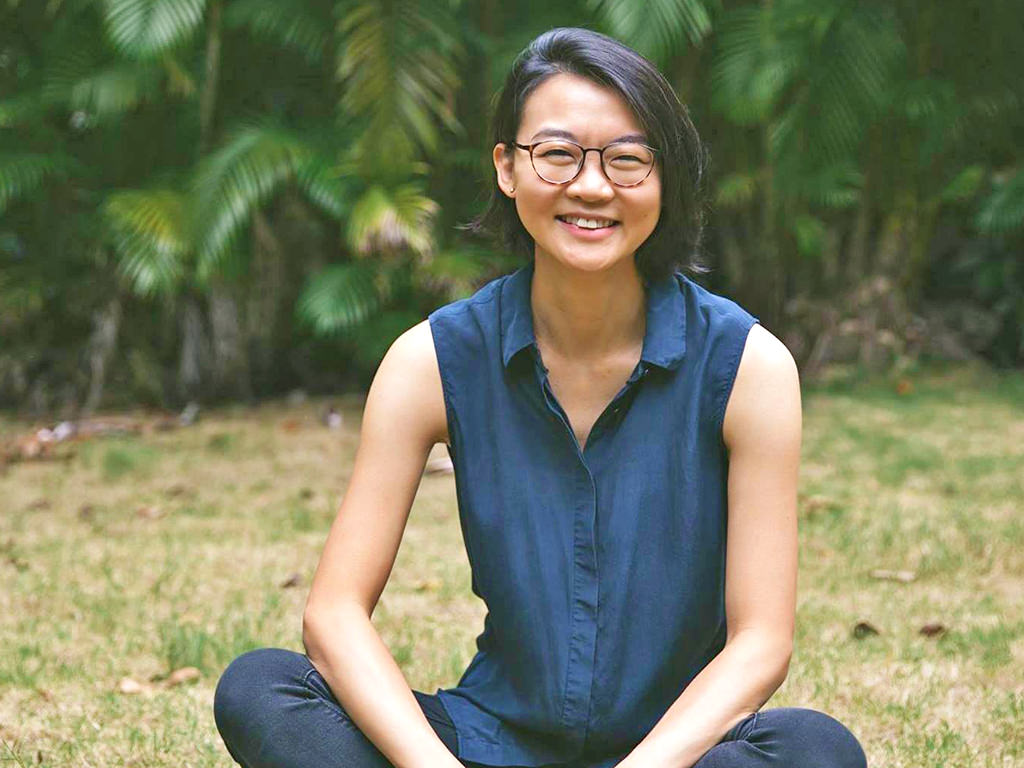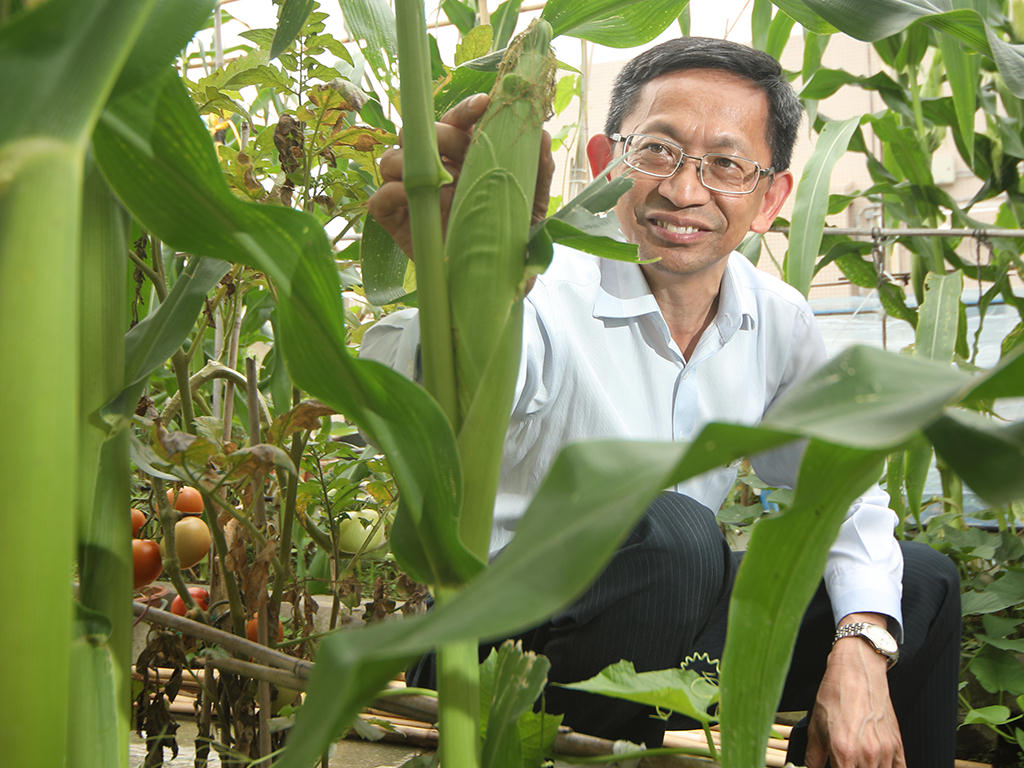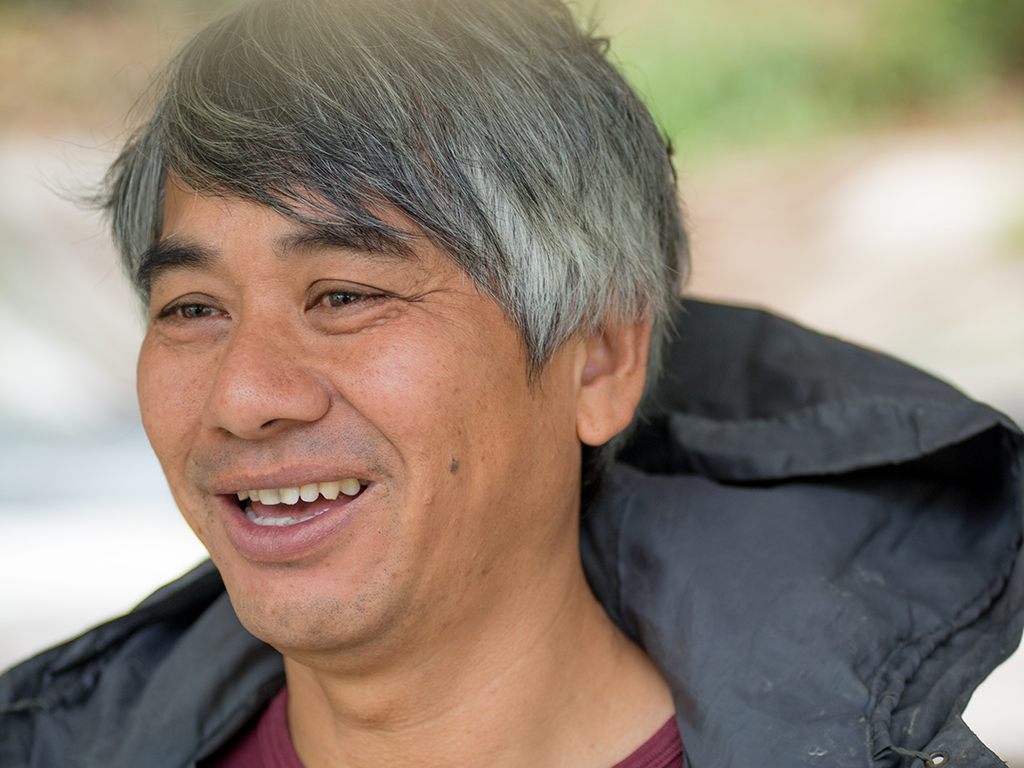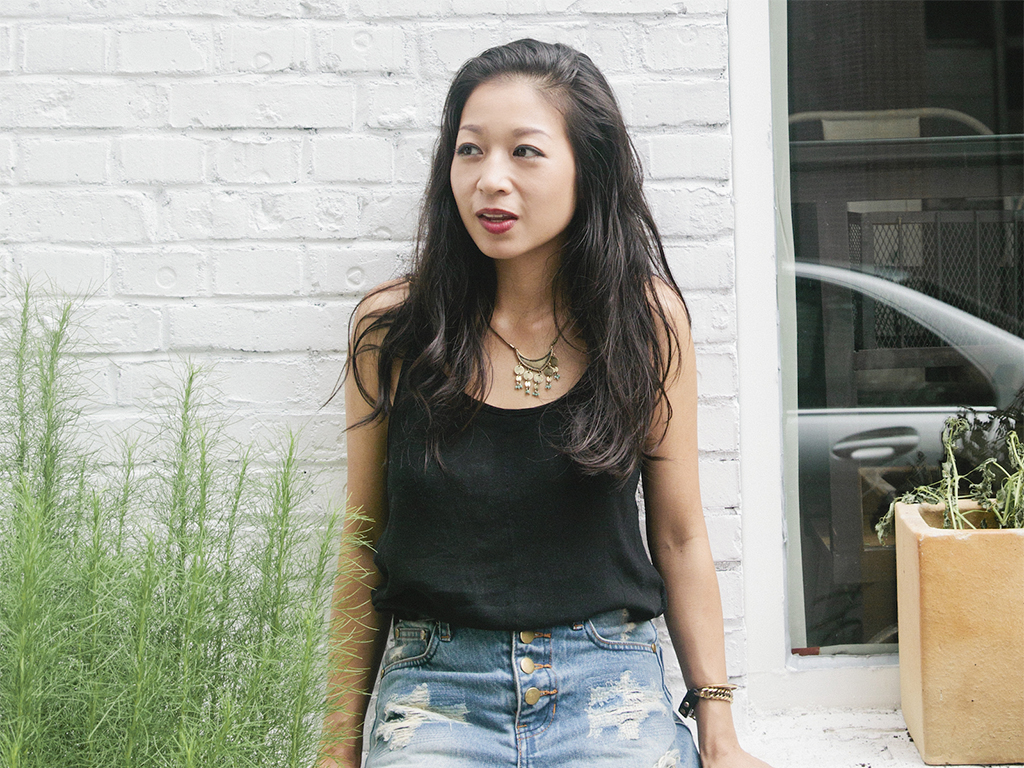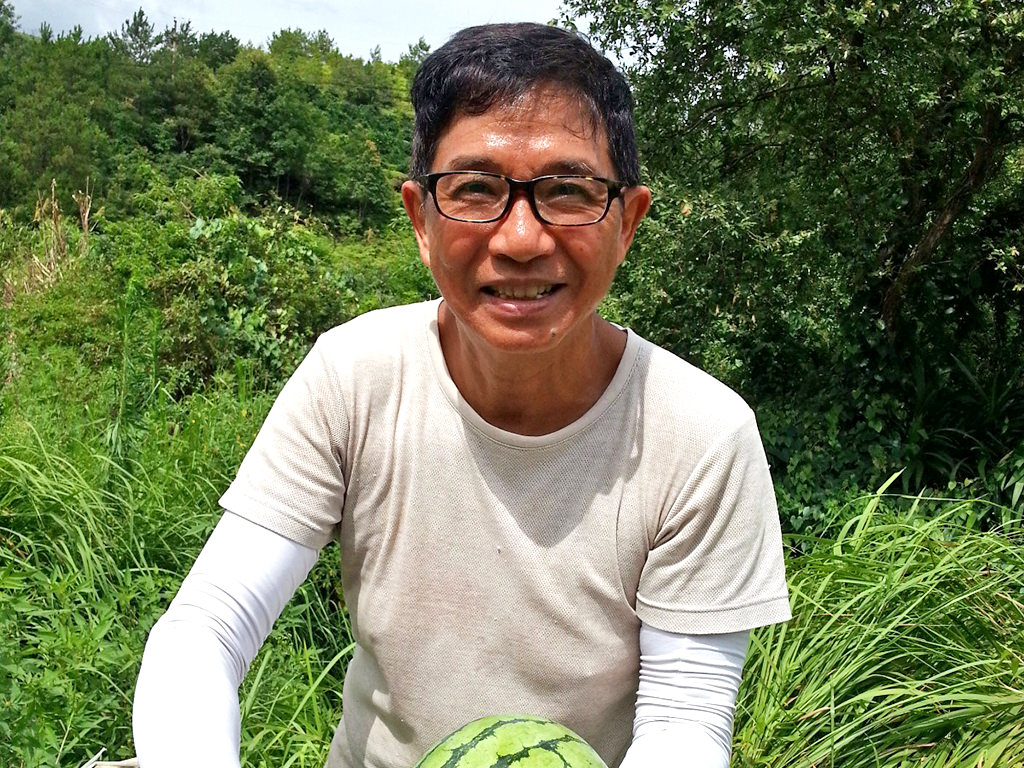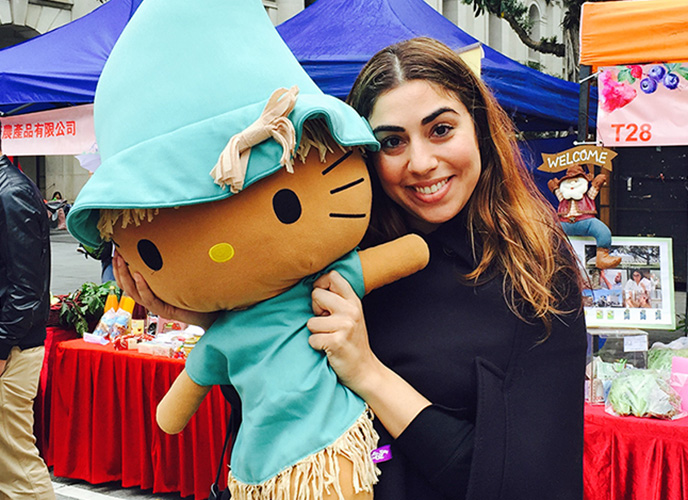7 Mins Read
You’re at the supermarket doing your weekly shop and you reach the produce section and that’s when the dilemma begins: should you buy organic? There are a million different opinions on the subject out there, few of which are truly based in fact and most of which have some kind of political/corporate agenda behind them. No doubt about it, conventional is cheaper than its organic counterpart. That’s about the only non-controversial statement on the topic.
According to a recent survey by the HK Organic Resource Centre, while only a small proportion of the population is consuming organic produce, Hong Kongers are buying more organic now than they were two years ago with the higher price still a significant issue. That being said, a recent European report made clear that “pesticides can cause brain damage and organic food is the future.” We wanted a local perspective so we approached five organic food experts from different backgrounds and at different levels of the supply chain and asked for their opinion. Below, their answer to the question: should you buy organic?
“The responsible stewardship of resources (land, water, air) will ensure that we have food for the generations to come,” says food writer and farmers market organizer Janice Leung Hayes
JLH: “I see the value in certified organic, but what matters more is the actual growing method. Organic, biodynamic, permaculture – these are methods that look after the land rather than exploit it, and that’s what matters. The responsible stewardship of resources (land, water, air) will ensure that we have food for generations to come. That is what sustainability is about. If you want your kids and grandkids to not have to worry about what they’re eating and face more food scandals (like horse meatballs or melamine milk improprieties) than we have now, you should care about food sustainability and buy responsibly.”
Janice Leung Hayes is a Hong Kong-based journalist and social entrepreneur. Considered one of Hong Kong’s foremost food writers (visit her popular blog e-ting), she is also a tireless supporter of Hong Kong farmers through her social enterprise Honestly Green, the organizer of farmers market like Tong Chong Street Market & Poho Market.
“Buying organic is safer,” says Professor & HK-ORC founder Dr. Jonathan Wong
JW: “Buying organic is safer since there is no addition of pesticides and inorganic fertilizer, or other artificial additives. Furthermore, the process of organic farming is a sustainable production method that will protect our environment by reducing pollution to our ecosystem and diminish carbon emission.”
Dr Jonathan Wong is a Professor of Biology and researcher at Hong Kong Baptist University and the founder of Hong Kong Organic Resource Centre (HK-ORC), the city’ first local certification body for organic products, set up with the assistance of the HK government’s Agricultural Development Fund to facilitate the development of organic farming.
“You are paying more for farmers to preserve the environment,” says organic farmer Augustine To
AT: “Buying organic is important for people to eat but as a farmer, I want shoppers to understand the reasons behind buying organic. It is not just about eating healthier and safer foods; you are paying more for farmers to preserve the environment. All the procedures we take to grow all our vegetables is to make sure we give back to nature what we take from it.”
Augustine To is one of the farmers at e-farm HK , a Hong Kong farm located inside the Pat Sin Leng Country Park and surrounded by the Tan Shan River. Not only does e-farm HK offer seasonal organic fruits & vegetables to city dwellers, they also raise awareness on environmental protection through workshops, eco-tours and conducting research on various agricultural matters.
“If we push to support organic businesses and the community, once demand goes up, costs go down,” says vegetarian chef Peggy Chan
PC: “Foods that are genetically modified and grown with vast amounts of chemical pesticides and fertilizers have been proven scientifically to cause detrimental harm to human health and the environment. Not to mention that genetically modified foods are not required to be labeled in the market, whereas organic produce requires stringent labelling from small farmers and those who practice ethical agriculture to invest in government-owned certifications. How does this make sense?! Why are we required to pay a premium to eat properly grown food?! For our future generations, we need to go back to the roots of our heritage grains and seeds. Think of the law of supply and demand. If we push to support organic businesses and the community, once demand goes up, costs go down. Food grown without pesticides and chemical fertilizers will always taste better. It’s better for our health, and it’s better for the environment.”
Peggy Chan is the chef-patron behind Grassroots Pantry, Hong Kong’s leading vegetarian & vegan fine dining establishment. She is a pioneer of Hong Kong’s plant-based movement and a passionate supporter of locally grown organic produce, featuring it extensively throughout her menu.
“Consuming safe food reduces the chances of ingesting toxins that can cause health issues,” former neurosurgeon and organic business owner Dr. Andrew Lam
AL: “People should buy safe and wholesome food. Consuming safe food reduces the chances of ingesting toxins that can cause health issues to the body. Take the time to learn where your food is coming from. Check for proof that the “organic” is genuine; this means the proper and current credentials. All our products at ecoFarm are labeled with all the details including date of harvest and packing, full contact information and proper packaging.”
A former neurosurgeon from California, Dr Andrew Lam is the founder of EcoFarm, an organic produce delivery company that supplies Hong Kongers with certified organic fruits & vegetables from the pristine mountains of Jiangxi province in China.
“The number one reason to buy organic is to save the bees. Without bees, there’s no food- no organic food and no conventionally-grown food either,” says Green Queen & organic food startup founder Sonalie Figueiras
SF: “Organic food is too expensive. Buying organic is a hassle. The science behind organic isn’t proven. Organic labels are fake… I’ve had countless debates and discussions on this topic and I’ve heard every possible argument on why not to buy organic. As a human being, I understand that organic needs to be cheaper and first and foremost, people have to do what they can afford. But for me, the number one reason to buy organic is to save the bees! Without bees, there’s no food. No organic food and no conventionally-grown food either! Bees get ravaged by industrial agriculture, particularly pesticides (in the UK and US bee populations are down over 40%) and they are in dire need of our support. Farmers (both organic and non) rely on bees to cross-pollinate plants for our food supply. Without these incredible insects, we will lose plant diversity, food production costs will shoot up and global food security will be seriously compromised. Save the bees!”
Sonalie Figueiras is the founder and editor-in-chief of Green Queen and the founder and CEO of Ekowarehouse, the global sourcing platform for certified organic products. She is passionate about helping people live healthier lives by giving them access to quality resources, well-researched information and verified suppliers.
Further Reading: Resources & Guides
Since the beginning of Green Queen, we have devoted our platform to keeping you informed on the merits of the organic food movement. Below, a list of our many resources, guides and articles on the topic for your further reading:
- The Complete Hong Kong Fresh & Organic Produce Home Delivery Guide
- Hong Kong’s Best Farmers’ Markets For Organic Produce
- Why Eating Seasonally Is Better For You (And The Planet)
- It’s The Antioxidants, Stupid! Why Eating Organic Is Vital For Our Health
- Organic Food Series Part 1: Why Is Choosing Organic Food Important? Green Queen Explores This Controversial Question
- The Pros & Cons Of Choosing Organic – Part 2 Of Our Organic Food Series
- You Probably Eat Only 3 GM Crops On A Regular Basis & More GMO Fun Facts
- 13 Things You Never Knew About Organic Labels & Logos – Get The Facts
Image courtesy of Pexels (lead), Janice Leung Hayes, Augustine To, Dr Jonathan Wong, Peggy Chan, Dr Andrew Lam and Green Queen.


